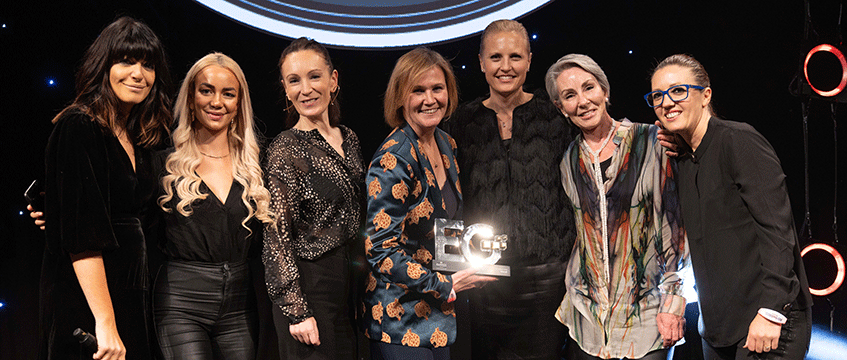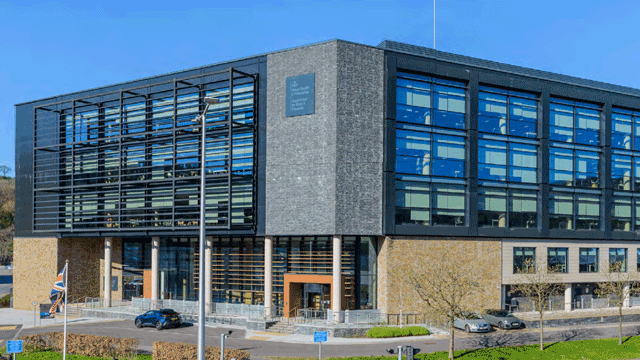COMMENT I have never knowingly turned down the chance to give my opinion on any subject, especially retail property and placemaking, but we really are thrilled that EG has asked Ellandi to contribute a regular column on the subject of “repurposing retail”.
Over the coming months my colleagues and I will be sharing our thoughts about the good, the bad and the ugly of what is going on in our part of the industry; celebrating the success that we see in projects and initiatives across the UK, as well as being realistic about the enormous challenges we all face.
So on the subject of success, it would be remiss not to use this first column to reflect on how proud we are as a business to have won the inaugural EG REWIRE Award in recognition of Ellandi’s achievements in promoting diversity and inclusion in the built environment industry.
We genuinely believe that Ellandi leads the industry in this, reflected in our 50:50 gendered senior management team and majority of female colleagues, but also the fact that 30% of our colleagues are from a BAME background, and the age difference between our oldest and youngest members of staff is 49 years. Our team of only 28 currently includes an Aussie, a Mauritian, two Ukrainians, three people from Ireland, a hugely unpopular Saffer and even a Welshman.
But at Ellandi we always challenge any claim or assertion with two key questions: Why? And so what?
Answering the first question is actually surprisingly difficult, especially as we have reached this position without a specific diversity policy and without any concerted effort. I have reflected hard on this over the past week or so and the best explanation I can think of is because of the backgrounds of myself and my business partner Morgan.
There can’t be many £1bn-plus property companies founded by a couple of state-educated lads born in places like Maesteg and Hartlepool, and maybe this slight outsider’s view of life has led us down the path of building a business that worked for us, rather than the accepted way of doing things. I genuinely don’t know.
The “so what” is a lot easier to articulate.
From a team point of view, I would say it is priceless, but having just signed off the champagne bill from the awards dinner, I can confirm success is certainly not without cost! However, I am utterly convinced that our progressive ethos will not only help with staff retention, but is helping us recruit staff into what, it has to be said, is not exactly the most enticing of industry sectors – at least on a superficial, short-term basis.
More important though, is the competitive advantage that it gives us – and I am not talking in respect of pitching to investors or potential partners; although this cannot be underestimated. What is really exciting is the fresh thinking that the make up of our team brings to every level of our decision making.
At a time when the challenges to our town centres demand fresh, bespoke and, dare I say it again, diverse solutions, having people in the room with a range of ages, backgrounds and experience is more likely to deliver the appropriate solutions.
A team that more closely reflects the communities in which we work will increasingly be more important than the combined experiences of middle-class, middle-aged men, who make up too many of the decision-makers in our industry.
That is the compelling business case for diversity in repurposing retail.
Mark Robinson is property director and co-founder at Ellandi











